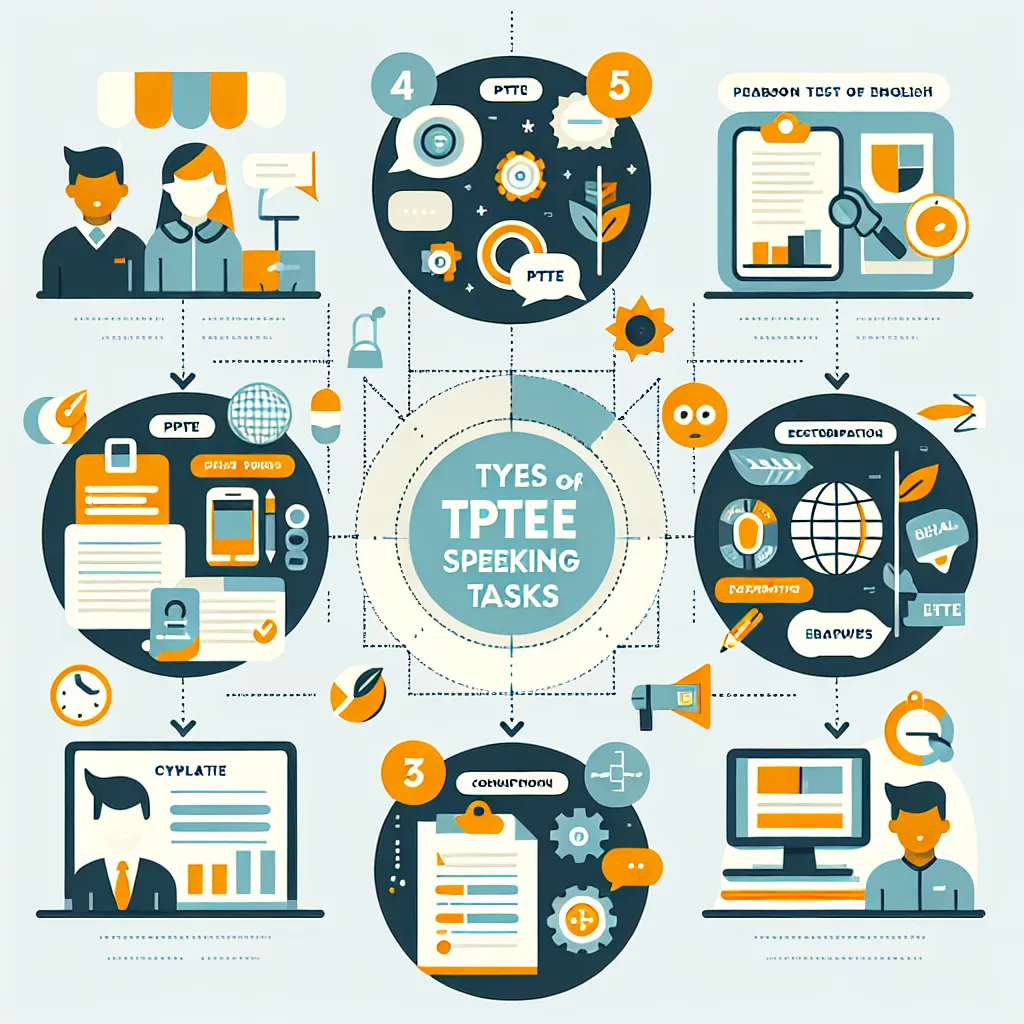The Pearson Test of English (PTE) Academic is a computer-based English language proficiency test that assesses speaking, writing, listening, and reading skills. During the exam, you may encounter questions that seem challenging or unfamiliar. This article will guide you on what to do when faced with a difficult question in the PTE exam, helping you maintain your composure and maximize your score.
Understanding the PTE Exam Structure
Before diving into strategies for handling difficult questions, it’s essential to understand the PTE exam structure. The test consists of three main parts:
- Speaking and Writing (54-67 minutes)
- Reading (29-30 minutes)
- Listening (30-43 minutes)
Each section contains various question types, and it’s crucial to be familiar with them all to perform well in the exam.
 PTE Exam Structure
PTE Exam Structure
Strategies for Handling Difficult Questions
1. Stay Calm and Focused
When you encounter a challenging question, it’s natural to feel anxious. However, maintaining your composure is crucial for success. Here are some tips to help you stay calm:
- Take a deep breath
- Remind yourself that it’s just one question
- Focus on the task at hand rather than worrying about the outcome
2. Read the Question Carefully
Often, the answer lies within the question itself. Take a moment to read the question thoroughly, paying attention to keywords and instructions. This can help you understand what’s being asked and guide you towards the correct answer.
3. Use the Process of Elimination
If you’re unsure of the correct answer, try eliminating options that you know are incorrect. This strategy can increase your chances of selecting the right answer, even if you’re not entirely confident.
4. Make an Educated Guess
In the PTE exam, there’s no penalty for incorrect answers. Therefore, it’s always better to make an educated guess than to leave a question unanswered. Use your knowledge and intuition to choose the most plausible option.
5. Manage Your Time Wisely
Time management is crucial in the PTE exam. If you’re stuck on a question, don’t spend too much time on it. Instead:
- Allocate a specific amount of time for each question
- If you can’t answer within that time frame, make your best guess and move on
- Return to difficult questions later if time permits
6. Use Context Clues
For reading and listening sections, use context clues from the surrounding text or audio to help you understand unfamiliar words or concepts. This can often lead you to the correct answer even if you don’t fully understand every detail.
Specific Strategies for Each Section
Speaking Section
In the speaking section, if you’re unsure about a question:
- Paraphrase the question to buy time and gather your thoughts
- Speak confidently, even if you’re not entirely sure of your answer
- Focus on your pronunciation and fluency rather than perfect content
Writing Section
When facing challenges in the writing section:
- Quickly outline your main points before starting to write
- Use simple language if you’re unsure about complex vocabulary
- Ensure your response addresses the main points of the question, even if it’s not perfect
Reading Section
For difficult reading questions:
- Skim the passage to get a general idea before attempting to answer
- Pay attention to topic sentences and concluding sentences
- Look for keywords that match the question
Listening Section
If you struggle with a listening question:
- Focus on understanding the main idea rather than every detail
- Take notes during the audio to help you remember key points
- Use visual cues (if available) to support your understanding
 PTE Exam Strategies
PTE Exam Strategies
Practice and Preparation
The best way to handle difficult questions in the PTE exam is to be well-prepared. Here are some tips for effective preparation:
- Familiarize yourself with all question types
- Practice with official PTE materials and mock tests
- Improve your overall English skills through regular reading, writing, speaking, and listening practice
- Learn time management techniques specific to the PTE exam
- Develop strategies for each question type
Conclusion
Encountering difficult questions in the PTE exam is normal, but with the right strategies and preparation, you can handle them effectively. Remember to stay calm, manage your time wisely, and make educated guesses when necessary. By following these tips and practicing regularly, you’ll be well-equipped to tackle any challenging question that comes your way during the PTE exam.
[internal_links]
- Top 10 PTE Practice Resources
- How to Improve Your PTE Speaking Score
- Time Management Tips for PTE Success
- Common Mistakes to Avoid in the PTE Exam
[/internal_links]




